৩ ফাল্গুন ১৪৩২
Why Many Bangladeshis Are Struggling to Get Foreign Visas
16 November 2025 19:11 PM
NEWS DESK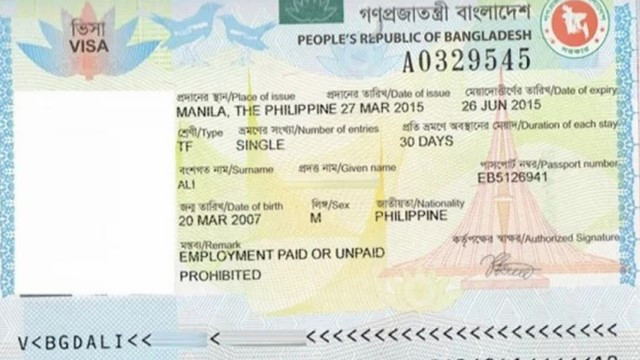
Despite having no formal visa bans from most countries, Bangladeshi students, tourists, and workers are currently facing unprecedented difficulties obtaining visas. Many applicants say that even countries once considered “easy” have become increasingly strict.
A case in point is Tanzuman Alam Jhuma, who tried for more than a year to study abroad with scholarships from both Hungary and the United States—but ultimately failed to travel due to visa complications.
“I applied to Budapest in October. In January it came back as a ‘no.’ Then I applied to the U.S. in January. From last October to this November, I’ve spent more than a year behind this,” Jhuma said.
Travel industry insiders and visa applicants report that not only student visas but also tourist and work visas have become much harder to obtain.
Which Countries Are Not Issuing Visas?
Although no official restrictions exist—except for India’s suspension of tourist visas—many countries are reportedly not issuing visas to Bangladeshis.
According to Mohammad Rafeuzzaman, President of Tour Operators Association of Bangladesh (TOAB), visas are currently difficult or nearly impossible to obtain from:
-
India
-
UAE
-
Qatar
-
Bahrain
-
Oman
-
Uzbekistan
-
Saudi Arabia
-
Vietnam
He added that:
-
Thai visas are taking unusually long.
-
Singapore and Malaysia are issuing fewer visas.
-
The Philippines takes much longer now.
-
Indonesia has significantly increased visa fees.
-
Even Sri Lanka’s electronic travel authorization—usually quick—is now taking two to three days.
Following the political turmoil after the fall of the Sheikh Hasina government on 5 August 2024, India halted tourist visas for Bangladeshis, citing security considerations. But without any formal announcement, many countries across Europe, America, and Asia have also become far more cautious, applicants say.
Tourism businesses note that this widespread visa difficulty is relatively new.
One businessman, Mohiuddin Selim, said the U.S. Embassy normally issues 500,000 to 600,000 B1/B2 visas annually to Bangladeshis. “But this year, I don’t think they’ve given more than 200,000,” he said. He added that countries like the U.S., Australia, and Canada issued large numbers of visas in 2023–24, but “this year they’re giving almost none.”
Why Are Visas Being Restricted?
Analysts say the reasons go deeper than political instability.
1. Misuse of visas and irregular migration
A growing number of Bangladeshis reportedly enter a country legally and then travel illegally to another. This has led many governments—especially those usually open to Bangladeshis, like Vietnam and Thailand—to tighten screening.
Former ambassador M. Humayun Kabir explained:
“Many people are using visas to go irregularly. Even countries without strong anti-immigration sentiment are becoming cautious.”
Some dishonest agents are also accused of sending workers abroad on tourist visas and converting them to labor visas illegally.
2. Concerns influenced by India’s restrictions
India’s visa suspension has made other countries more cautious about Bangladeshi travelers, analysts believe.
3. Public disputes abroad harming Bangladesh’s image
Frequent clashes involving Bangladeshi political supporters overseas have damaged the country’s reputation, prompting tighter scrutiny.
4. Poor passport ranking
Bangladesh holds the seventh-worst passport in the world, according to UK-based Henley & Partners. Bangladeshi passport holders can travel visa-free to only 38 countries—mostly in Africa and the Caribbean.
5. Increased attempts at illegal migration
Political instability at home has pushed many people to seek irregular opportunities abroad, adding to foreign governments’ concerns.
Is There Any Solution?
In late 2023, Bangladesh’s interim government urged the EU to relocate its visa centers from Delhi due to limited Indian visa access. While nine EU countries later resumed visa processing from Dhaka, applicants say the difficulties persist.
Even the government has acknowledged the visa crisis, blaming “actions by Bangladeshis.” But analysts argue that no visible, effective measures have yet been taken.
Experts believe:
-
India’s tourist visa suspension is largely political and unlikely to change until a new elected government is in place.
-
However, for other countries, Bangladesh has room for diplomatic engagement.
Former ambassador M. Humayun Kabir says the government must take visible action against those abusing the visa process or facilitating illegal migration.
“If we visibly take proper legal action domestically, I think we can gradually come out of this additional visa complexity,” he said.





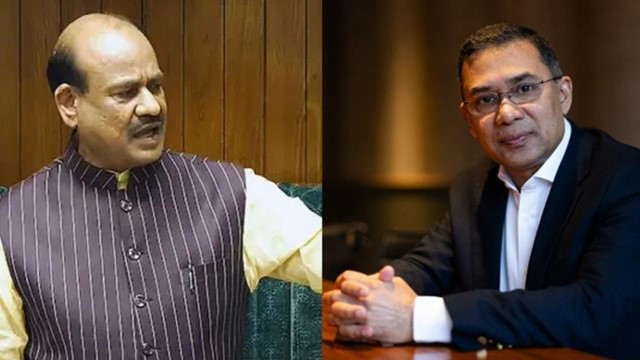
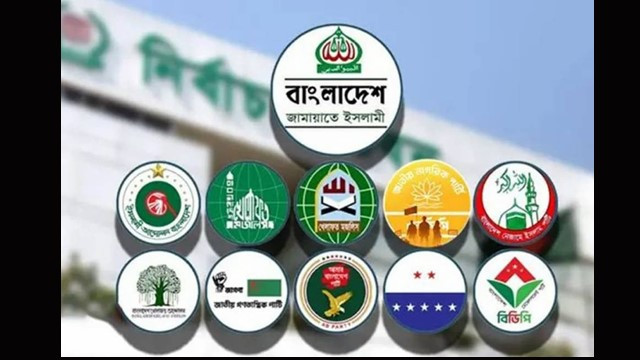
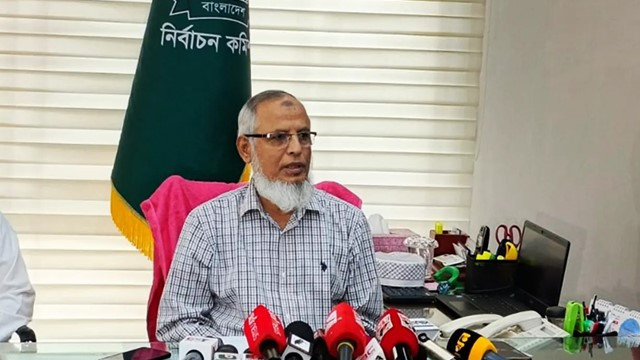
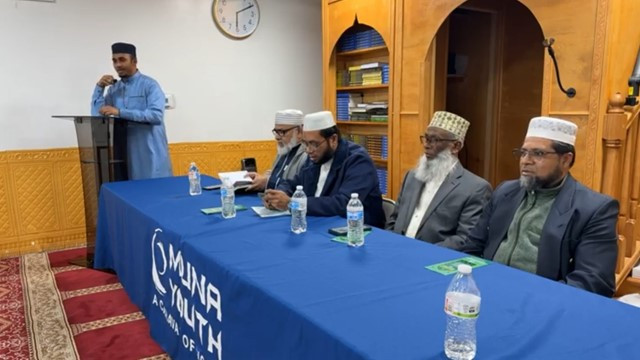
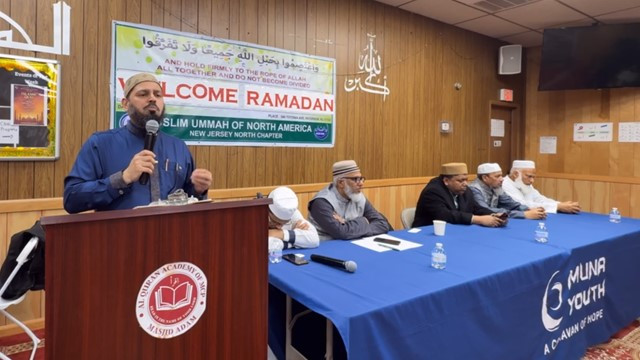
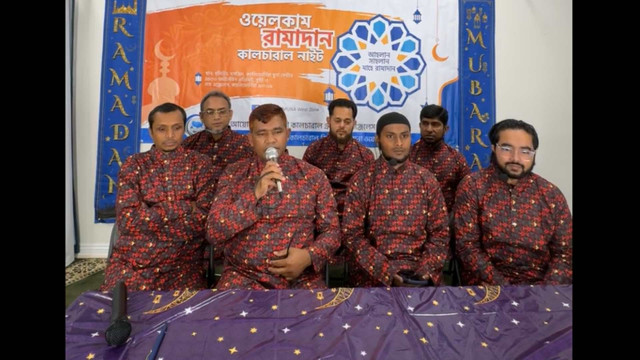

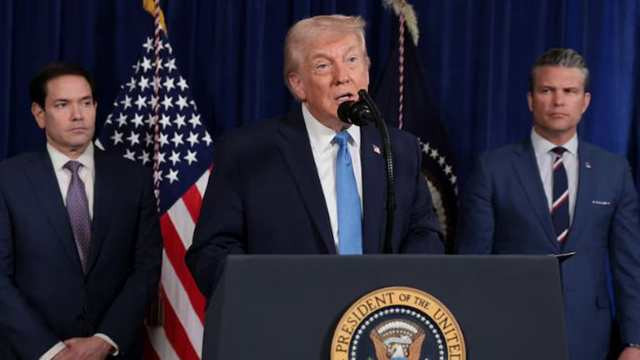
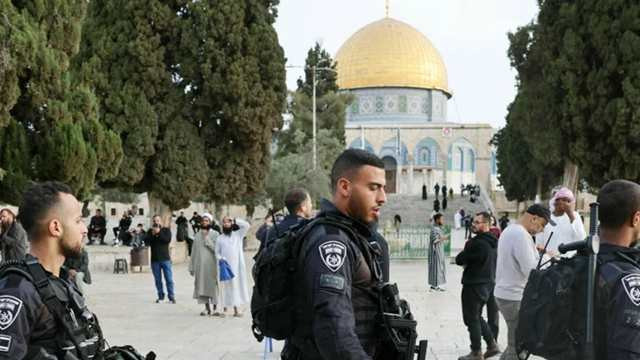
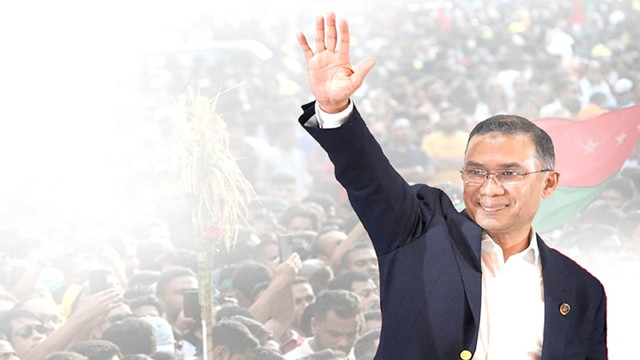
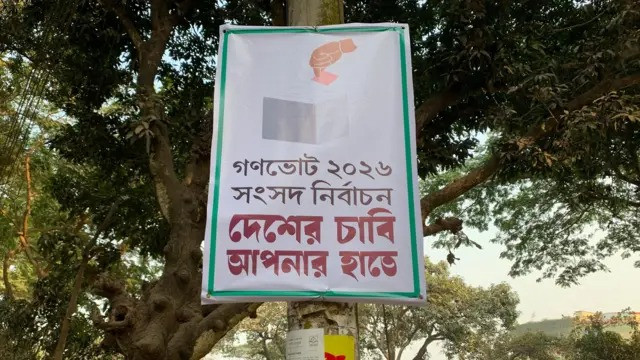
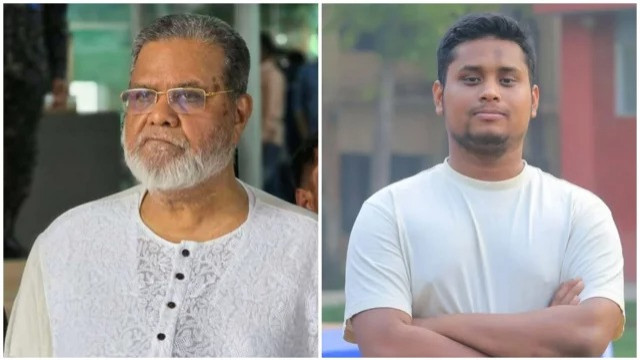
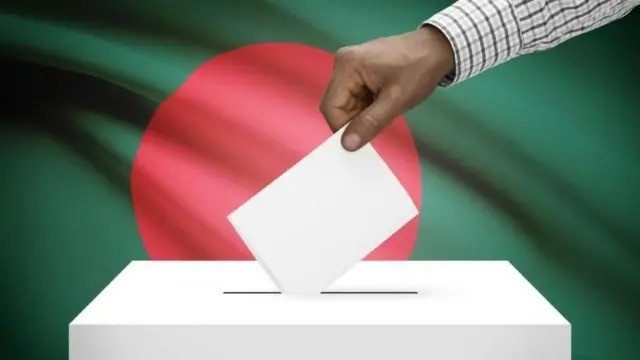
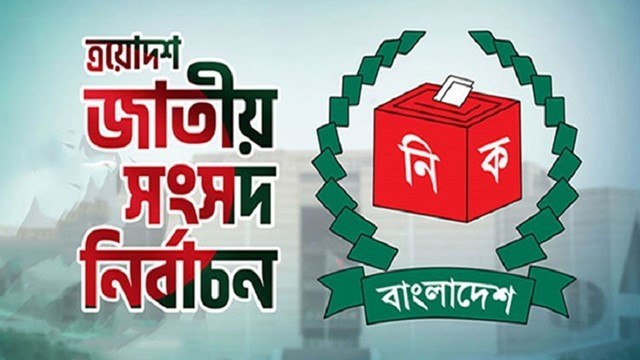
Comments Here: